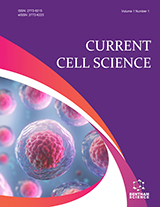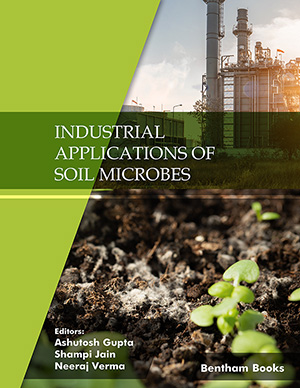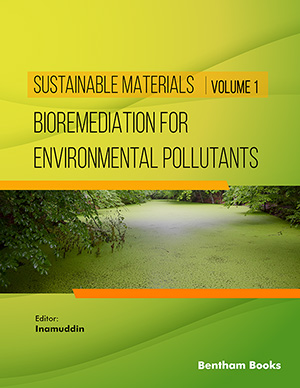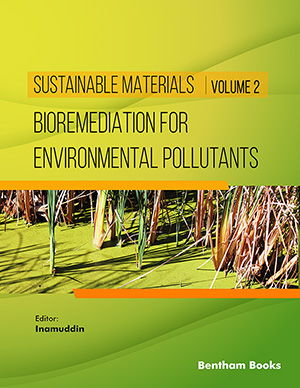Abstract
Fungi are an important component of microbial ecology. These are a
community of eukaryotic species and food sources, organic acids, alcohol, antibiotics,
growth-enhancing compounds, enzymes, and amino acids. Fungi contain many
microorganisms under the expanse, which include molds, yeasts, and mushrooms. The
function of fungi primarily includes the biodegradation of organic waste material and
the action on cellulose, lignins, gums, and other organic compounds. Fungi are present
everywhere, i.e., they are cosmopolitan, surviving the wide range of pH and
temperature. Fungi play a key role in numerous biological cycles, including mineral
and water absorption, chemical transition, stomatal activity, and biosynthesis of
substances, including biostimulants, auxins, lignan, and ethylene, increasing the
functionality of plant species to identify and cope with adaptive challenges, such as
drought, salinity, humidity, cold and significant metals. The interaction of fungi with
plants can be represented by three terms, namely, mutualism (mycorrhizal association),
pathogenicity (parasitic fungi), and nutrient cycling (saprophytic fungi). The
application of cultivating fungi as a soil quality booster has been highlighted as it
produces various extracellular enzymes, which are integral components of nutrient
cycling within natural and disturbed ecosystems.
Keywords: Assimilation, Mobilization, Mycorrhizae, Nutrients.






















